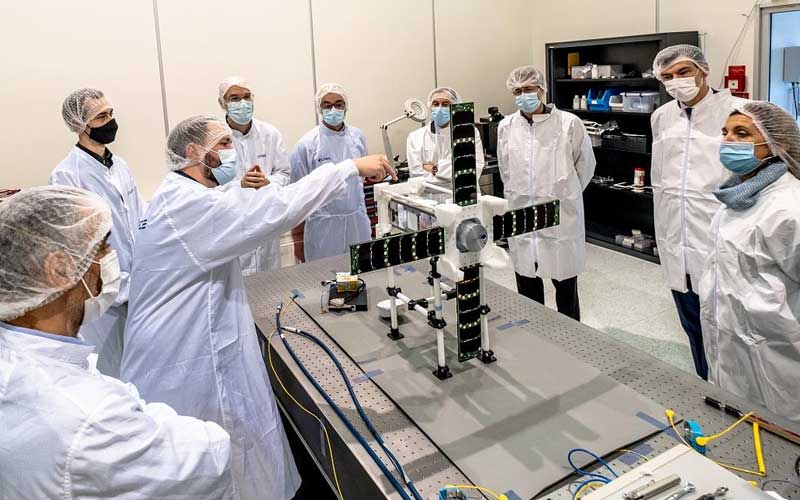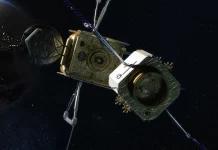
CNES has extended a contract with U-Space for its NESS initiative, which is focused on identifying terrestrial transmitters that intentionally or unintentionally disrupt GNSS satellite navigation signals.
GNSS systems like Galileo are critical for daily life, especially in transportation applications, but are often disrupted by intentional or accidental interference. This interference can affect devices on the ground, aircraft, and satellite communications, posing safety and performance risks. The NESS initiative was created to develop and demonstrate space-based methods for detecting and locating these disruptions.
The first NESS satellite was developed by U-Space, a spin-off of CNES, and launched on 9th October 2023 aboard a Vega rocket. The five-kilogram demonstrator is equipped with the SPEKTREYE system from Syrlinks. Designed for use aboard CubeSats and nanosatellites, SPEKTREYE functions as a software-defined radio that scans both wide and narrow frequency bands, including UHF, VHF, L, and S bands. This system allows for the precise detection and pinpointing of signal interference sources.
According to CNES, a year after its launch, the satellite has already proven itself, demonstrating “the competitiveness of this type of compact sensor in addition to larger systems.” As a result, the agency has launched the NESS+ programme, which will see the launch of two additional NESS nanosatellites built under an extended contract with U-Space.
The launch of the NESS+ constellation is expected to take place in 2027.




